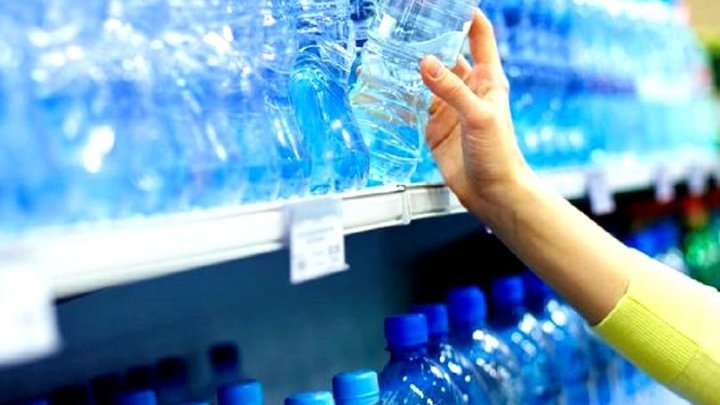Journalism organisation Orb Media found plastic particles in many major brands of bottled water
 foto: libertatea.ro
foto: libertatea.ro
The World Health Organization is to launch a review into the potential risks of plastic in drinking water.
It will assess the latest research into the spread and impact of so-called microplastics - particles that are small enough to be ingested.
It comes after journalism organisation Orb Media found plastic particles in many major brands of bottled water.
There is no evidence that microplastics can undermine human health but the WHO wants to assess the state of knowledge.
Bruce Gordon, coordinator of the WHO’s global work on water and sanitation, told BBC News that the key question was whether a lifetime of eating or drinking particles of plastic could have an effect.
"When we think about the composition of the plastic, whether there might be toxins in it, to what extent they might carry harmful constituents, what actually the particles might do in the body – there's just not the research there to tell us.
"We normally have a 'safe' limit but to have a safe limit, to define that, we need to understand if these things are dangerous, and if they occur in water at concentrations that are dangerous."
Mr Gordon said that he did not want to alarm anyone, and also emphasised that a far greater waterborne threat comes in countries where supplies can be contaminated with sewage.
But he said he recognised that people hearing about the presence of microplastics in their drinking water would turn to the WHO for advice.
The WHO initiative is partly in response to a study that screened more than 250 bottles of water from 11 different brands bought in nine countries - the largest investigation of its kind.
The tests were carried out at the State University of New York in Fredonia as part of a project involving original research and reporting by the US-based journalism organisation Orb Media.
Smaller particles assumed to be plastic but not positively identified were found as well - an average of 314 per litre.
Of all the bottles tested, 17 were found to have no particles at all while many had counts ranging into the hundreds or even thousands, with big differences within brands and even the same pack of bottles.
A few questioned why the study’s results were so much higher than their own internal research or pointed out that there are no regulations on microplastics or agreed methods for testing for them.
The study comes on top of earlier investigations that have found microplastics in tap water, beer, sea salt and fish, and Prof Mason told me that researchers need to be able to answer the pressing question of whether microplastics can be harmful.
Read more on BBC.